Is Chile Guajillo the Unsung Hero of Global Spice Traditions?
In the vast and colorful world of global spice traditions, one chili often flies under the radar: chile guajillo. Despite its subtle heat and deep flavor profile, it plays a vital role in Mexican cuisine and beyond. Whether you're an advanced chef or just starting your journey into the realm of chiles, this guide will give you everything you need to know about chile guajillo — from its history and flavor profile to how to use it and where to buy the best ones.
Table of Contents
- A Glimpse into History
- Flavor Profile: Mild Heat, Rich Taste
- Chile Guajillo vs. Other Chiles: A Visual Comparison
- How to Use Chile Guajillo in Your Cooking
- Buying Guide: What to Look For
- Top 5 Chile Guajillo Products for Every Kitchen
- Global Influence: Beyond Mexican Borders
- Conclusion: The Quiet Powerhouse of Spices
A Glimpse into History
The story of chile guajillo begins in the heart of Mexico, where it was cultivated by ancient civilizations like the Aztecs and Mayans. Used both as food and medicine, chile guajillo is now a staple in Mexican kitchens, especially in salsas, stews, and marinades. Its name comes from the word "guaje," which means pod in Nahuatl, the language of the Aztecs. This dried form of the mirasol chili has been cherished for centuries and remains a cornerstone in traditional dishes such as mole poblano and tinga de pollo.
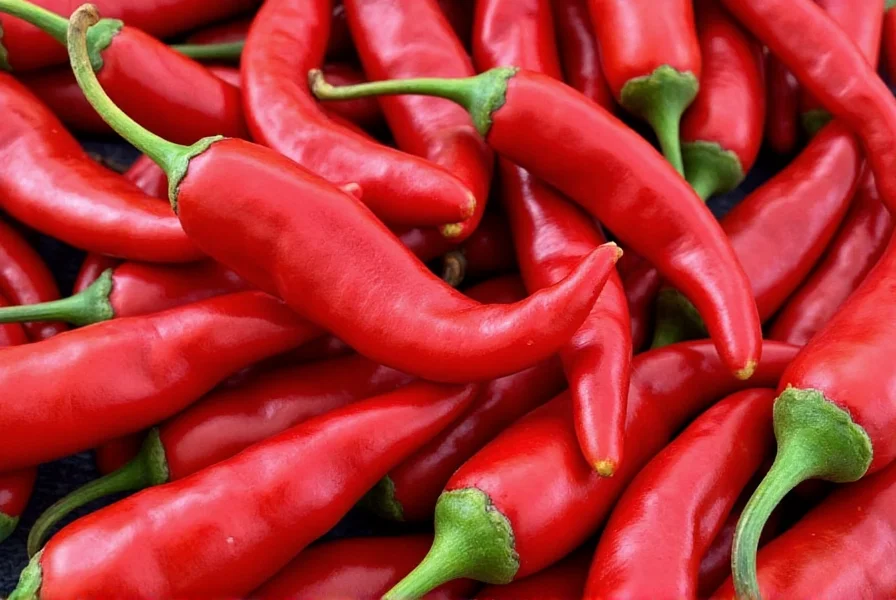
Flavor Profile: Mild Heat, Rich Taste
If you’re looking for explosive fire, chile guajillo might not be your first pick. It clocks in at around 2,500–5,000 SHU (Scoville Heat Units), placing it on the milder side compared to hotter chiles like habanero or ghost pepper. But what it lacks in heat, it more than makes up for in flavor.
- Sweet & Fruity Notes: Think raisins, plums, and berries.
- Earthy Undertones: A gentle smokiness reminiscent of sun-dried tomatoes.
- Tangy Finish: With a hint of citrus that brightens sauces and soups.
Its versatility makes it ideal for both dry rubs and wet preparations like mole, adobo, or relleno sauces.
Chile Guajillo vs. Other Chiles: A Visual Comparison
To help you understand how chile guajillo fits into the broader family of dried chiles, here’s a quick comparison chart:
| Chile | Heat Level (SHU) | Flavor Notes | Best Uses |
|---|---|---|---|
| Ancho | 1,000–2,000 | Sweet, prune-like | Mole sauces, soups |
| Guajillo | 2,500–5,000 | Fruity, tangy, earthy | Adobos, marinades, salsas |
| Pasilla | 2,500–4,000 | Grassy, berry notes | Enchilada sauces, tamales |
| Arbol | 15,000–30,000 | Spicy, nutty | Salsas, oils, soups |
| Hatch Green Chile | Varies (5,000–80,000) | Smoky, sweet, vegetal | Rellenos, roasted dishes |
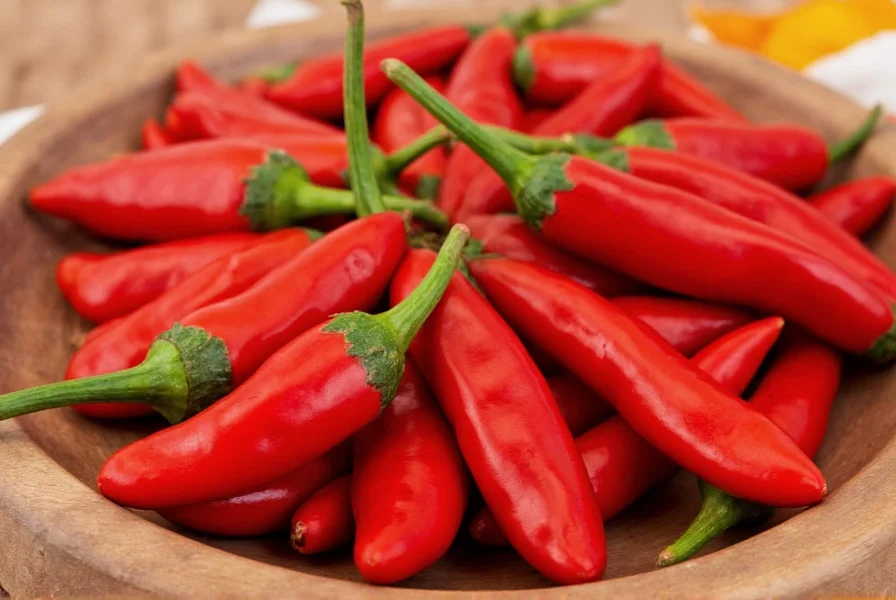
How to Use Chile Guajillo in Your Cooking
Chile guajillo is incredibly versatile in the kitchen. Here are some expert-tested tips to make the most of this flavorful chile:
1. Toast Before Using
Toast whole dried chiles in a dry skillet over medium heat for 10–15 seconds per side until they become fragrant. Be careful not to burn them, as this can cause bitterness.
2. Rehydrate for Sauces
Soak toasted chiles in hot water or broth for 20–30 minutes until soft. Once softened, blend with garlic, spices, and oil to create rich sauces.
3. Make Homemade Adobo
Combine ground guajillo with vinegar, herbs, salt, and citrus juice to create a zesty marinade perfect for chicken, pork, or vegetables.
4. Add Depth to Soups & Stews
A small amount goes a long way. Add a few torn pieces to simmering broths or stews for a background warmth without overwhelming heat.
5. Experiment with Sweets
Believe it or not, chile guajillo pairs beautifully with chocolate. Try adding a pinch of powdered guajillo to brownies, truffles, or hot cocoa for a complex twist.
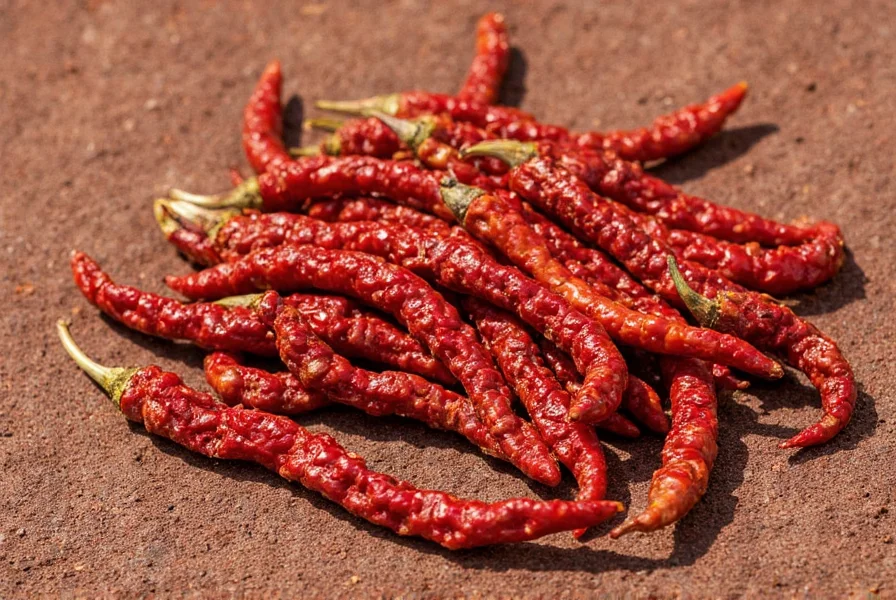
Buying Guide: What to Look For
Whether you’re buying whole dried chiles or pre-ground powder, knowing what to look for can make all the difference in flavor and quality. Here’s your step-by-step guide:
- Color: Choose chiles that are a deep reddish-brown — dull or faded color indicates age and reduced potency.
- Texture: They should feel pliable but not brittle. Avoid overly hard or cracked chiles, as they may have lost their flavor.
- Smell: Freshly dried chiles should have a vibrant aroma — avoid musty or stale-smelling ones.
- Packaging: If buying pre-packaged, check for proper sealing and expiration dates. Whole chiles last longer than powdered forms.
- Origin: Mexican-grown chiles, especially from regions like Puebla or Oaxaca, tend to be of higher quality.
Top 5 Chile Guajillo Products for Every Kitchen
Here are five top-rated chile guajillo products that are perfect for both home cooks and professional chefs:
1. La Morena Chile Guajillo Whole Dried Chiles
- Features: Sustainably grown in Mexico, packed fresh to preserve flavor.
- Advantages: Perfect for grinding or rehydrating; consistent size and color.
- Use Case: Ideal for making homemade salsas and marinades.
- Target Audience: Home cooks who want authenticity.
- Suitable Occasions: Everyday cooking, holiday meals, taco nights.
2. El Yeyo Organic Guajillo Powder
- Features: Organic, finely milled powder made from hand-selected chiles.
- Advantages: Great for sprinkling directly onto meats or into soups.
- Use Case: Rubs, spice blends, or finishing dust.
- Target Audience: Health-conscious consumers and spice mixers.
- Suitable Occasions: Grilling, roasting, seasoning grains.
3. Dona Maria Chile Guajillo – Whole Dried Pack
- Features: Medium-sized chiles with uniform drying.
- Advantages: Reliable brand trusted by many Mexican households.
- Use Case: Best used for soaking and blending into sauces.
- Target Audience: Traditional Mexican recipe lovers.
- Suitable Occasions: Weekend cooking, meal prep, family dinners.
4. McCormick Ground Guajillo Chile
- Features: Widely available, standard spice aisle option.
- Advantages: Affordable and convenient for beginners.
- Use Case: General cooking, mild spicing of dips and dressings.
- Target Audience: Casual cooks experimenting with chiles.
- Suitable Occasions: Quick weeknight meals, snacks, light seasoning.
5. Amigos Foods Guajillo Chiles (Bulk Pack)
- Features: Large pack for frequent users or commercial kitchens.
- Advantages: Cost-effective and great for batch cooking.
- Use Case: Making large quantities of sauces, marinades, or spice mixes.
- Target Audience: Restaurants, caterers, serious home chefs.
- Suitable Occasions: Catering events, restaurant prep, preserving.
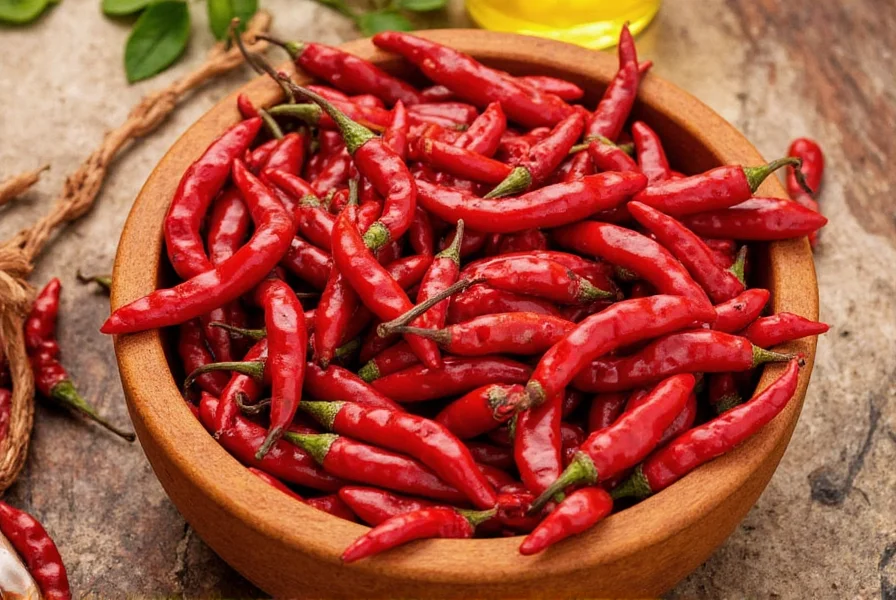
Global Influence: Beyond Mexican Borders
While deeply rooted in Mexican culture, chile guajillo has found its way into international cuisines. From fusion tacos in New York to experimental moles in Tokyo, chefs worldwide are rediscovering this underrated chile. In some cases, it's used to add complexity without overpowering heat — making it ideal for palates unfamiliar with intense spice.
Chefs in Spain incorporate it into seafood paellas for a subtle kick. In Italy, adventurous cooks blend it into pasta sauces for a modern twist. Even vegan restaurants use guajillo-infused creams and sauces to mimic the depth of meat-based dishes.
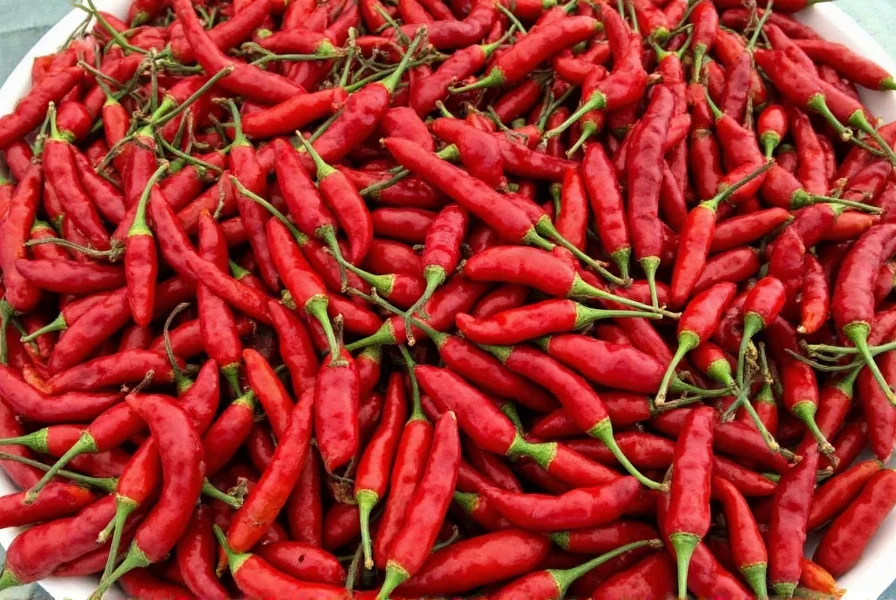
Conclusion: The Quiet Powerhouse of Spices
Chile guajillo may not shout for attention like jalapeños or chipotles, but it deserves a spot in every spice lover’s pantry. With its balanced flavor, manageable heat, and versatility in the kitchen, it’s a spice that bridges tradition and innovation. Whether you’re making a classic mole sauce or trying something new like a chile-infused chocolate tart, chile guajillo brings depth and character to your dishes.
So next time you reach for a bottle of hot sauce or a packet of dried chiles, remember the quiet hero of Mexican cuisine — and let chile guajillo work its magic in your kitchen.
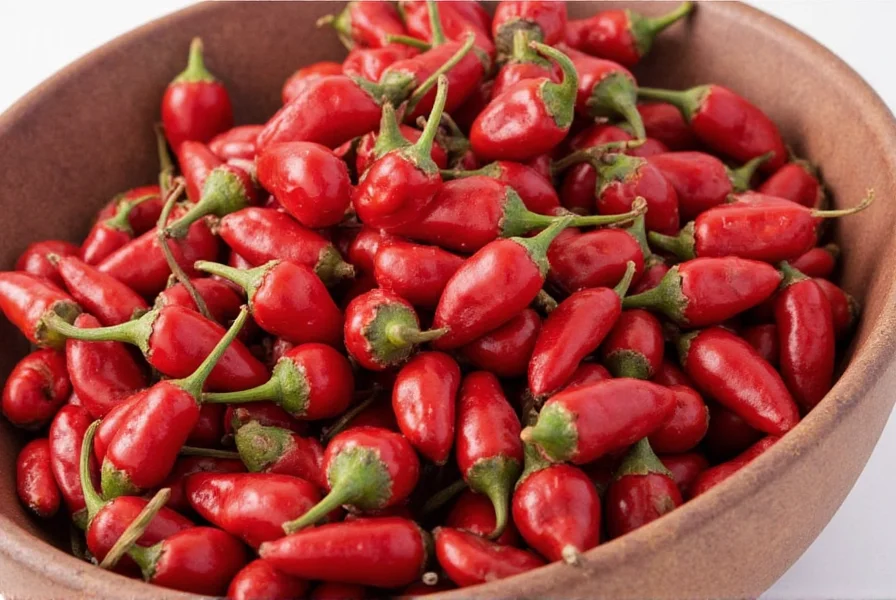

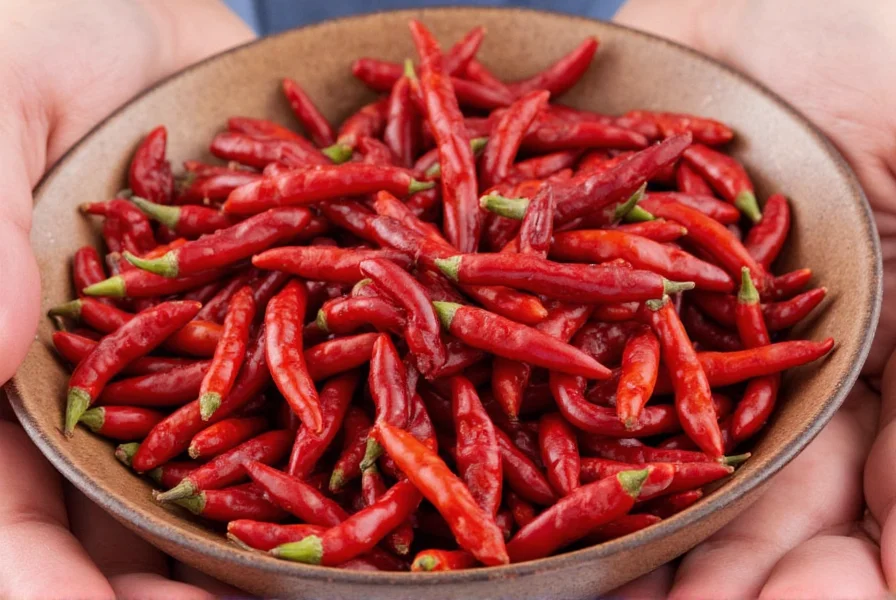









 浙公网安备
33010002000092号
浙公网安备
33010002000092号 浙B2-20120091-4
浙B2-20120091-4